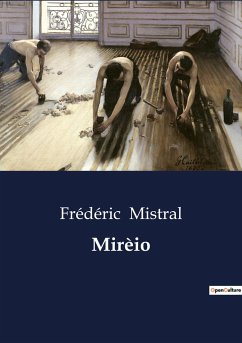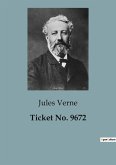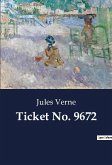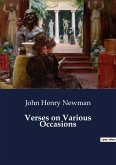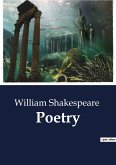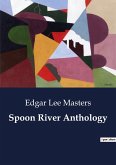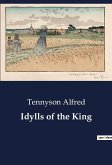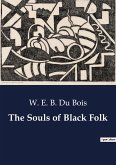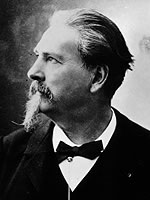Published in 1859 to great fanfare from French literary society, Mirèio was the first of four long narrative poems written by the French author Frédéric Mistral. Composed in Occitan, a regional language spoken in southern France, Mirèio arose out of the milieu of the Félibrige, a cultural movement centered around Mistral and his compatriots who championed the use of the Occitan language. Rich with references to local Provençal culture and geography, Mirèio recounts the joys and sorrows of two young lovers: the titular Mirèio, daughter of a rich farmer, and Vincen, a poor basket weaver. Though the two fall madly in love, they find themselves separated by social class and the disapproving attitude of Mirèiös parents. In part thanks to Mirèio, Mistral went on to win the 1904 Nobel Prize in Literature, celebrated by the Nobel Committee for his poetry and his work as a Provençal philologist. Mirèio was widely translated, and was also adapted into the French-language opera Mireille by Charles Gounod. Mirèio remains a celebrated depiction of Provençal culture to this day. This Standard Ebooks edition of Mirèio augments Harriet Waters Preston¿s unannotated 1890 translation with the annotations from her first translation published in 1872.

